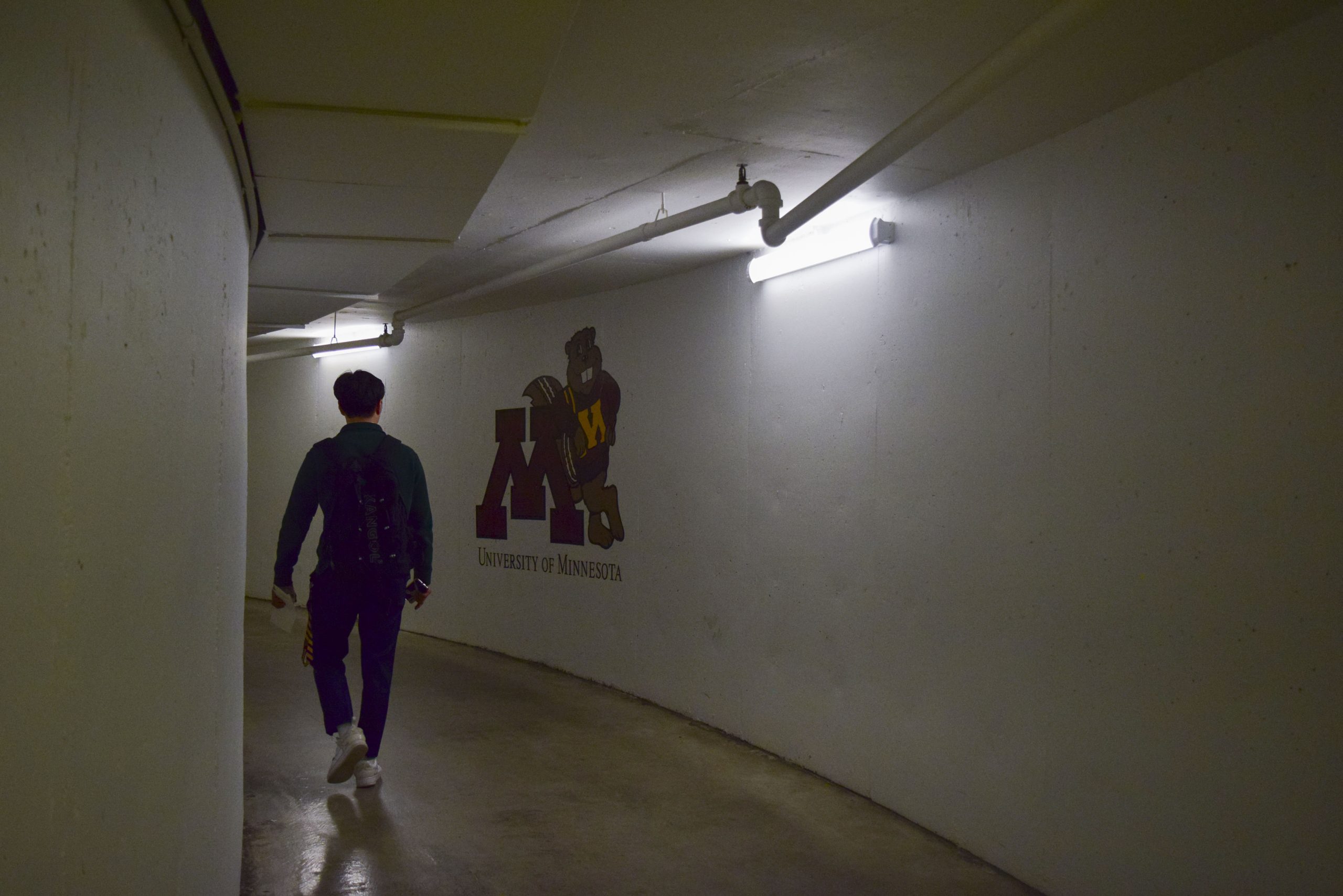As an undergraduate student, I once took a course on modern U.S. history from 1939 to the present. The course was heavily politicized because, according to the instructor, the history of modern America was the history of political dalliances. Politics permeated almost every aspect of the course, and conversations among students about politics were not uncommon. I remember getting into a conversation with another student about education and politics, and the conversation quickly turned into a rousing debate. As we were debating the place of politics in education, I could sense the discomfort building among my other classmates. It is this discomfort that all students are familiar with, especially in courses that lend themselves to political angles.
The wonderful and scary thing about college is that students âÄî and teachers âÄî never know exactly how a class will progress. Many courses do not start out as overtly political ones, unless the course is one in political science. While some in education argue that politics has no place in the classroom, itâÄôs not easy to separate ideology from instruction. You canâÄôt separate something from what informs it âÄî itâÄôs impossible to separate politics from education because education is created, informed and mediated by politics.
Teachers and students both bring their own cultures and understandings to the classroom, and political leanings are integral to both. Often, politics influence how we read texts or understand course material. However, that type of cursory politics in the classroom, the kind that is integral to the culture students and teachers bring, is hardly the most troublesome. Many students and teachers are more concerned with the type of overt politics that comes out during class discussion and debate.
These types of debates often create a contentious environment in classrooms because students and teachers become hyper aware and conscious of what they say, which could lead to them saying very little. The problems this reluctance creates abound. It may cause students and teachers to be uncomfortable, it may cause them to not speak or interject into a conversation and it may disrupt learning. The last problem is of particular concern to me because the primary goal of any classroom and any teacher should be to create a space where learning is encouraged.
As a teacher, IâÄôm always aware of the politics I bring into my classrooms. IâÄôve never wanted to force my political views onto my students because thatâÄôs not my place. My place is to help my students find and secure their own beliefs, their own interests and their own destiny. There are many times when I disagree with a political point a student brings into a discussion, but IâÄôve never put down the student or openly disagreed with the student. I try to use those times as a way to connect to larger issues in and outside of the university. ItâÄôs important to believe in something, but itâÄôs equally important to understand that other beliefs exist.
As a student, IâÄôve had teachers blatantly tell me and other students that our political ideology was wrong or our understanding was incorrect. I doubt it was wrong or incorrect but more that we just disagreed with the teacher. Our way of understanding the world was different from the way the teacher understood the world.
I think students should challenge their teachers. Education is not about complacent knowledge saturation. ItâÄôs about dialogue. ItâÄôs about give and take, and itâÄôs about understanding that no one person is always correct. There are many different views, even of trivial things. The issue of politics in the classroom only becomes contentious when in-class discussions start to be interpreted as personal attacks. Often, though, these arenâÄôt really personal attacks but last-ditch efforts to âÄúwinâÄù a discussion or debate. Most students and teachers remember these types of discussions because it highlights the negatives of overtly bringing politics into the classroom, and it pushes teachers to avoid politics altogether.
Unfortunately, you can never avoid politics, especially in an educational setting. Whether itâÄôs the price of soda on campus or the current American military engagements, politics cannot be separated from how we understand the world, and therefore, how we understand course material. These issues affect students and teachers at many levels, and those issues donâÄôt magically disappear when either enters the classroom. ItâÄôs ridiculous to think they ever do.
Perhaps the most important thing a teacher can do is mediate the discussion and change the topic if necessary. Students should never be afraid to speak up in class because they feel their understanding will conflict with everyone elseâÄôs understanding. If they fear such things, then one of the points of education is lost, and the teacher has failed. Open and civil disagreement about course material and what influences said material should not only be allowed but encouraged. It is only when we are afraid to talk about such things in the classroom that our ideas, concept and understandings of the world fail to evolve and change.
Politics and education are not static; they move, change, adapt and evolve to become something else. The same can be said of students and teachers. Instead of avoiding politics altogether in the classroom, students and teachers should see such discussions as a practical way to connect what theyâÄôre learning to what happens outside the university.










